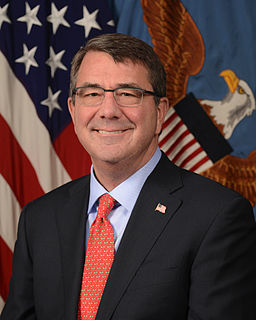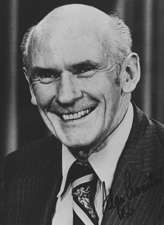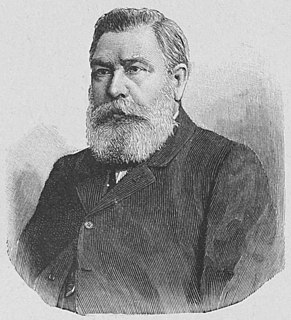A Quote by Mike Quigley
Growing up during the Cold War, I remember the seemingly imminent threat of nuclear war. In primary school we were taught to 'duck-and-cover' for protection. But even as children hiding under wooden desks, we recognized the inadequacies of this strategy.
Related Quotes
During bomb drills, we students were told to crouch under our desks. Apparently the desks used in classrooms in the fifties were made of an exceptionally missile-resistant variety of wood. During the Cold War years I often wondered why it never occurred to our defense planners to protect the entire nation from nuclear attack by simply covering it, from sea to shining sea, with a huge Strategic Classroom Desk.
I was born in 1966, at the beginning of the Biafran-Nigerian Civil War, and the war ended after three years. And I was growing up in school, and the federal government didn't want us taught about the history of the war, because they thought it probably would make us generate a new generation of rebels.
When I grew up, in Taiwan, the Korean War was seen as a good war, where America protected Asia. It was sort of an extension of World War II. And it was, of course, the peak of the Cold War. People in Taiwan were generally proAmerican. The Korean War made Japan. And then the Vietnam War made Taiwan. There is some truth to that.
Much as Cold War nuclear strategists could argue about winning a nuclear war by having more survivors, advocates of a Global Warming War might see the United States, Western Europe, or Russia as better able to ride out climate disruption and manipulation than, say, China or the countries of the Middle East.


































